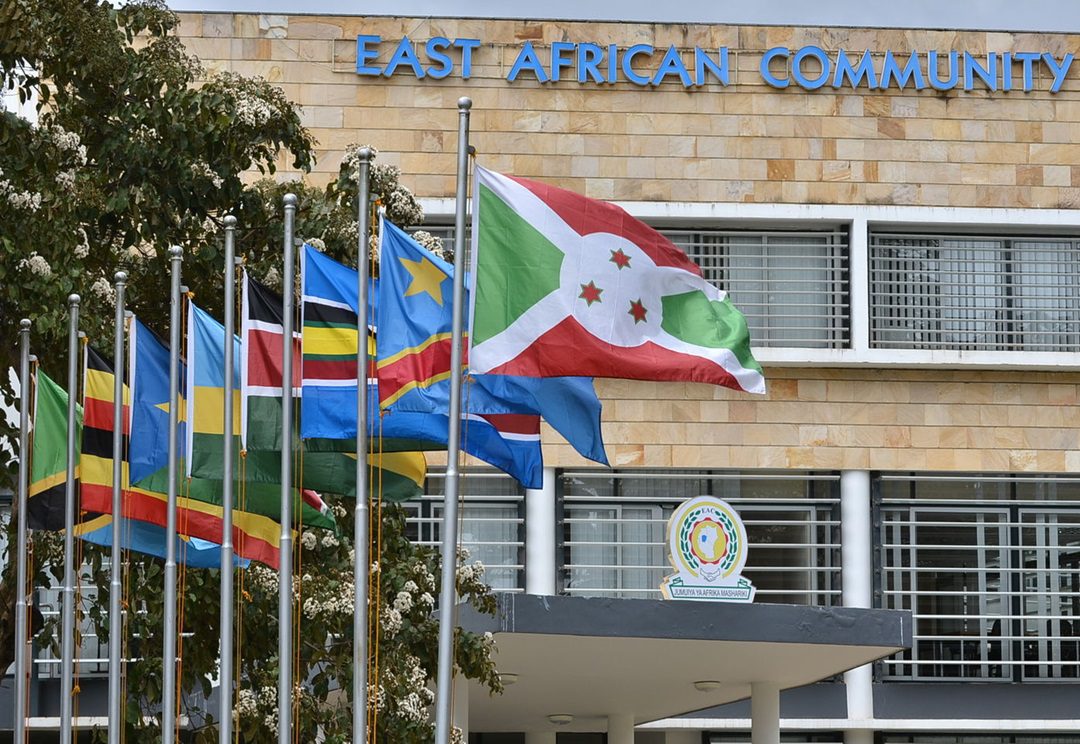

It is rather regrettable, that the man we have at the helm of Kenya’s Central Bank, is of the opinion that Kenyans, and broadly Africans, are not good enough to embrace one of the greatest technologies of our time. Just Google the headlines, Bitcoin and the blockchain, at just 8 years old, are making leaps into mainstream. On Saturday morning at #Mindspeak, I posed a couple of questions at the CBK Governor.
@njorogep your opinion on Japans legal recognition of bitcoin and digital currencies https://t.co/Xh4OIfItRJ @alykhansatchu #mindspeak
— Kioneki (@pesa_africa) May 28, 2016
@alykhansatchu CBK Gov award ws dedicated to Kenyan youth.They are making payments and trading bitcoin. Whats his take on it #mindspeak
— Kioneki (@pesa_africa) May 28, 2016
His response fell short of calling us backwards, saying we need to wait for ‘advanced’ economies to first adopt virtual currencies before considering it ourselves. As a Co-founder of Umati Blockchain Ltd., with 4 years experience in the cryptocurrency space, I am afraid if we do this, we are at risk of arriving late to the party.
Read: Central Bank of Kenya Governor warns on Virtual Currencies like Bitcoin
Bitcoin is an open source technology, a first ever global payment network that is free to use for all. It is the first and only incorruptible permanent record on the internet. On top of it, are bitcoins, borderless fast internet money that incentivizes a public decentralized blockchain. One of its many use cases is international money transfers that for years, have been encumbered by an antiquated legacy banking system. For example, sending $9,000 from Kenya to Nigeria using GTBank (a Nigerian bank based out of Nairobi), takes 3 – 5 days, whereas on the bitcoin network, this transaction takes 20 minutes at a flat cost of 100 KES.
What is most exciting, is the nature of the Bitcoin blockchain as a public good, owned by nobody and therefore, an equal opportunity for all and sundry to share in: big or small, developed or developing. Anyone who can put two and two together is looking at right now as a watershed moment; a chance to innovate, get ahead and set themselves apart, akin to an arms race. Reinventing how money works online is a rare occurrence, which is why individuals, corporations, financial institutions, regulators and countries are flocking to pick it apart and learn.
In just 3 months, the Island of Japan has fast tracked a bill through the National Diet, both Lower and Upper house, to recognize bitcoin and virtual currencies as ‘asset-like values that can be used in making payments and be transferred digitally’. Japanese startups, banks, and financial institutions can now embark on new settlement systems and digital currency business.
Back in March, a consortium of Japan’s mega corporations Mizuho Bank, Ltd, Fujitsu Limited, and Fujitsu Laboratories Ltd conducted a successful test of the bitcoin blockchain for cross-border securities transaction settlements, cutting down delays in the post-trade process. They used the Open Assets Protocol, the same blockchain layer we use at Umati for prototyping an open source mobile money system.
The thing with Bitcoin, cryptocurrencies and the blockchain, is they radically new and potentially highly disruptive. For us as a people and country, it offers a great opportunity to get in early and shape the development of this technology. We can draw lessons from Kenya’s history, when just 7 years ago, banks strongly opposed Mpesa, because it was novel, unlike anything that had come before it. Today, we see Mpesa everywhere, even at my local bank branch, a far cry from its early opponents. Kenya is now a poster child for mobile money, a global leader in mobile payments. Meanwhile, ‘advanced’ economies like the United States and Europe, are still struggling to shift to the much coveted mobile payments.
In the grand scheme of things, Njoroge’s comments count for nothing. Unlike Kenya’s monetary policy that is pegged on his every press briefing, Bitcoin’s monetary supply is set in code and known to all. Since his public address, a bitcoin supply halving event in July, that will reduce the number of available bitcoins, has sent the price skyrocketing to $580 per, up 21% in 4 days. The truth is, Bitcoin and virtual currencies will take off with or without us; it is a bit of a shame we, CBK Governor Njoroge, choose to sit on the sidelines.
























